Pregnancy & Newborn Medicine
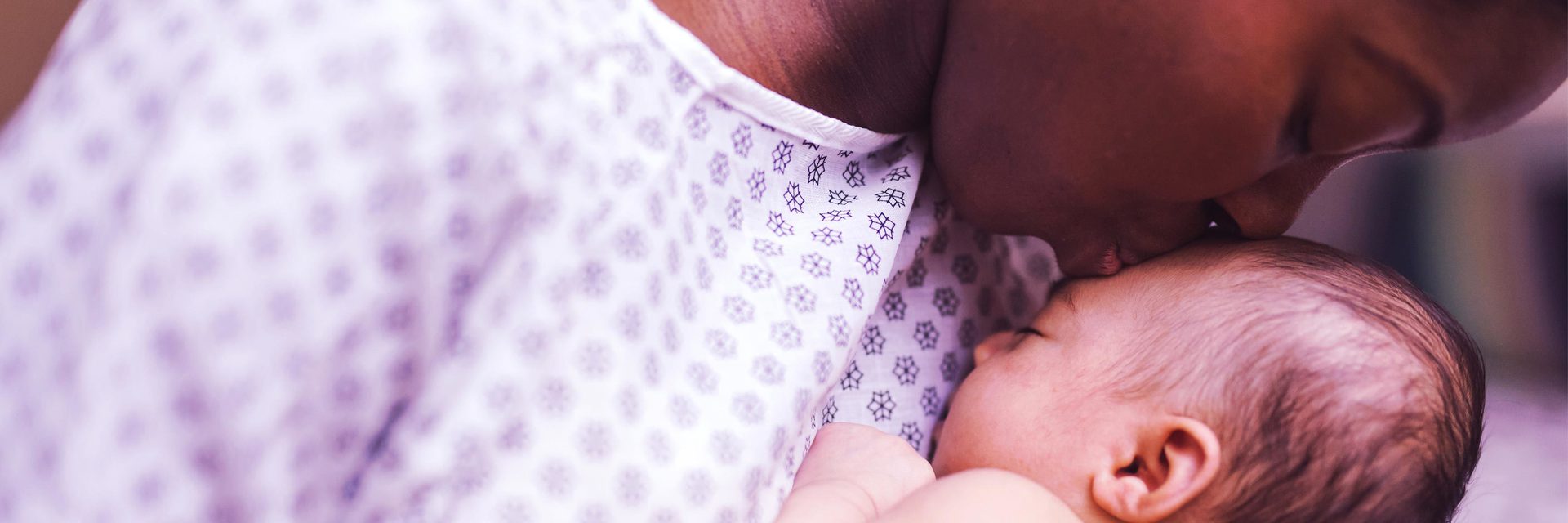
DID YOU KNOW THOSE FIRST NINE MONTHS CAN ACTUALLY AFFECT OUR ENTIRE LIVES?
We study maternal health and fetal and placental development to ensure healthy mothers and babies, of course. But examining the first nine months can also help us predict diseases and conditions that may occur over a lifetime. And even change their course.

We are unlocking the mysteries of the first nine months.
Watch Video
We are pioneering noninvasive prenatal testing.
Watch Video
We Are Enhancing Prenatal Care Among the Most Vulnerable.
Watch Video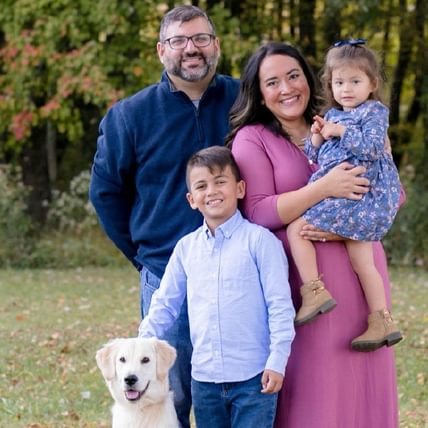
To date, the monies raised through the Pars for Postpartum Depression Golf outing have contributed to the creation of parent support group sessions that enable new moms and dads to openly discuss how they are affected by anxiety and depression as well as find support among peers and professionals.
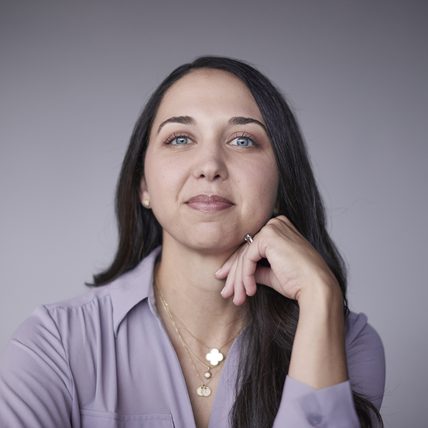
I’m grateful Magee was willing to work with us so we could have the family we dreamed about.
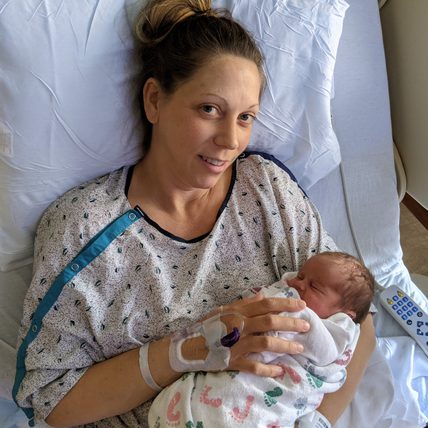
I feel very positive about my experience. I don’t think the outcome could have been better. I needed the people who were prepared to be in that room, so their plan worked.
SPOTLIGHT ON: PRETERM BIRTH
Challenges
Premature birth is the #1 killer of babies, and in 40% of the cases, the cause is unknown.
Preterm births put babies at risk for serious, life-long health problems, including:
- Chronic lung disease
- Deafness
- Blindness
- Learning disabilities
- Adult diabetes and heart disease
One in ten premature births is related to placental abruption.
Placental abruption occurs when the placenta separates from the uterus during pregnancy and can mean severe consequences for the baby, including:
- Cerebral palsy
- Learning disabilities
- Premature labor
- Higher risk of heart disease, obesity, and type 2 diabetes
Women who have complications during pregnancy are at greater risk of heart disease.
Heart disease is the #1 killer of women, killing more women than all cancers combined. Women who have complications during pregnancy are more likely to develop cardiovascular disease a decade and more after giving birth.
WHAT MAGEE-WOMENS SCIENTISTS ARE DOING
- We are working to advance scientific knowledge about premature births, translating our discoveries into improved health care for mothers and their babies.
- We are investigating the roots of preterm birth, especially within families with a history of premature delivery.
- We are identifying causes of placental dysfunction that may contribute to preterm birth, other adverse pregnancy outcomes, and life-long health risks.
- We are studying what the placenta can teach us about the mother’s long-term cardiovascular health.
- We are collaborating with UPMC Magee-Womens Neonatal ICU physicians to develop better treatment and programs for preterm babies and their families.
Clinical Research & Trials
For over two decades, we have dedicated our clinical research studies and clinical trials to improving the health care of women, men, and infants everywhere. Our research would not be possible without the generous participation of many study volunteers.
Learn MoreOur Scientists
View Directory


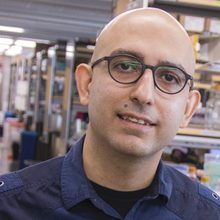
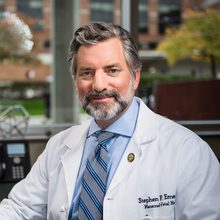
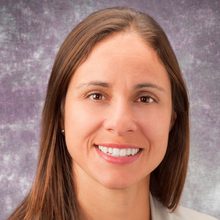
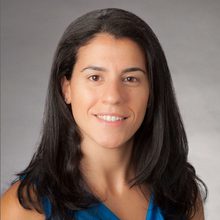





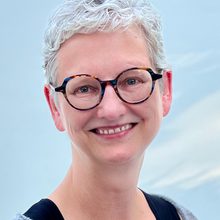

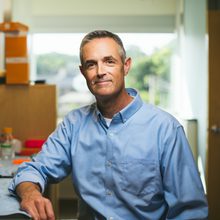


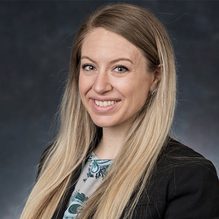


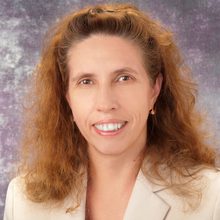
Research News
View All News
“Here we are, sort of in a new era of clinical chemistry. You think about your standard blood test that you have routinely at the doctor’s office, and the complexity of those tests, and the information content within the results is evolving rapidly. And a lot of the reason for that evolution is driven by this field.”
Join Our Research Team
Learn More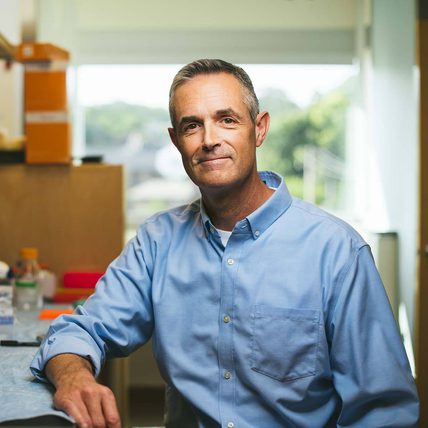
“I felt that any risk of aborting a perfectly normal baby because of a diagnostic procedure was unacceptable. And that’s what really motivated me to explore alternatives.”
Join Our Research Team
Learn More
“By better understanding how [the placenta] functions, we can better define the normal trajectory of health and development of the human fetus.”
Join Our Research Team
Learn More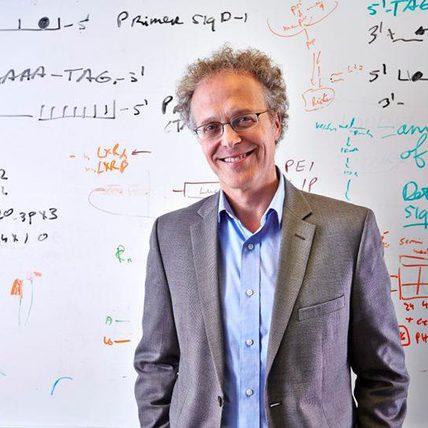
“It all begins with pregnancy. The intersect between the placenta, the fetus, and the mother is the very beginning of inferences that shape human evolution.”
Join Our Research Team
Learn More
“At the end of the day, what we’re after is really about improving health. That’s the passion behind this, and that’s the target.”